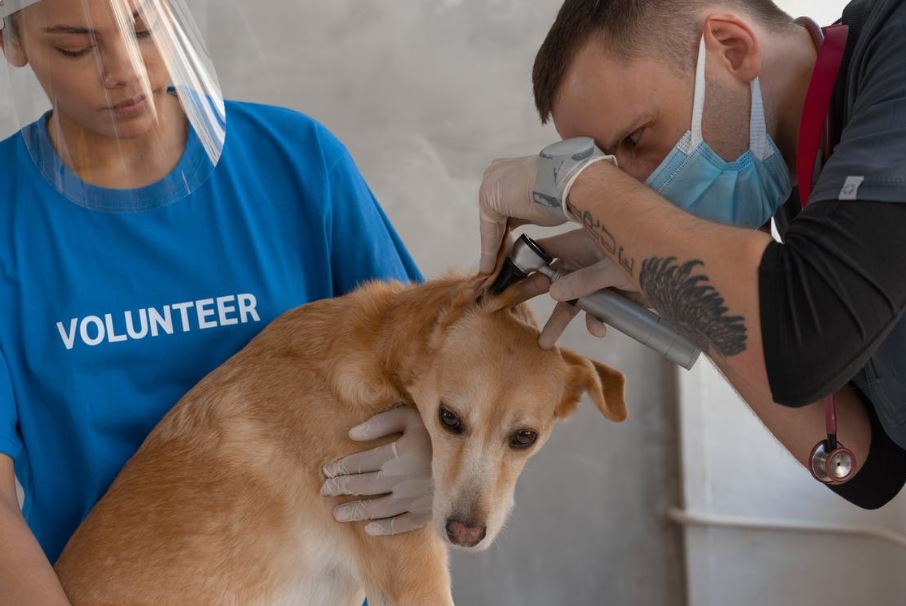Dogs are awesome pets and this is the reason why they have been referred to as man’s best friend for ages. Whether they are begging to taste your food or simply greeting you as you walk through the door, the little things your energetic four-legged family member does can put happy smiles on your face every day.
However, your dog can get sick unexpectedly and require immediate hospitalization and if you are a pet owner, you understand how terrible it feels to have to make a drastic decision about your dog’s well-being based on your current financial situation. This is why you need to look into the best dog insurance so that you can rest easy knowing that you can get the best care for your dog without worrying about the bills that come after.
What Is Pet Health Insurance?
If you have a dog, chances are you visit the veterinarian once in a while. And when your dog gets into an emergency situation and requires surgery, the bills can be very expensive. Dog insurance policies fall under Pet health insurance and these insurance policies work in an almost similar manner as the human health insurance plans.
A pet insurance policy can reimburse you for some medical costs that you incur during the treatment of your pet. This can be the saving grace you need during those desperate situations when your dog falls sick and you are not financially ready. Dog insurance policies typically vary based on the dog’s age and the level of cover you are looking for. If your dog is older, it will cost you more to cover it, and if your dog has pre-existing conditions you need to know that your dog may be excluded from insurance.
Types Of Dog Health Insurance Policies
Pet insurance comes in different levels and therefore it is important to do your research and read the fine print so that you get the right plan that caters to your dog’s needs. Here are two main types of pet insurance that you can choose for your dog.
1. Lifetime Pet Insurance
Lifetime pet insurance is a comprehensive cover for dogs and cats that covers up to a maximum amount of veterinary fees and can be reinstated at the end of every year. When you choose this insurance cover and your dog develops a chronic problem such as diabetes, the lifetime pet cover will cater for the bills provided that the illness did not start before the policy was taken.
However, you need to know that not all lifetime pet policies are the same. Make sure to ask if the policy you choose caters to all illnesses and injuries and if it includes hospitalization in the event your dog requires admission or surgery.
2. Accident Only Pet Insurance
Dog accidents are very common and if you own a high-energy dog, then this type of insurance comes highly recommended. Accident-only policies are very affordable since they provide coverage for every new injury your dog gets.
However, you need to know that this type of insurance does not cater to illnesses and this means that if your dog gets sick, you would be required to pay the veterinary bill from your pocket. To be on the safe side, you can opt to choose a pet wellness care protection policy that includes physical examinations and vaccinations.
What Issues Affect Your Dog Insurance Premiums?
Ideally, the insurance premiums you pay for your dog’s cover will be dependent on many factors. Here are some important issues the insurer will look at.
1. The Dog Species
Your dog’s breed will greatly affect the insurance premiums you pay. According to https://www.forbes.com/advisor/pet-insurance/most-expensive-dog-breeds/ dogs such as chihuahua, chowchow, and the Doberman Mastiff will cost you between $31 and $70 per month to insure. Male dogs also come with higher premiums.
2. Age
Just as with human health insurance, younger dogs are cheaper to insure because they have fewer health issues when they are still young.
3. Location
Ideally, the premiums you pay will vary depending on the state you live in but in most cases, densely populated areas will attract higher premium fees.
What Is Not Covered in A Pet Insurance Cover?
Before you buy a health cover for your dog, you need to know that there are some issues that are not covered by a standard dog insurance policy. These include; pre-existing conditions, hereditary problems, hip-dysplasia, behavior issues, and grooming among others. Ensure that you talk to the pet insurance company of your choice before you choose a cover for your dog.

